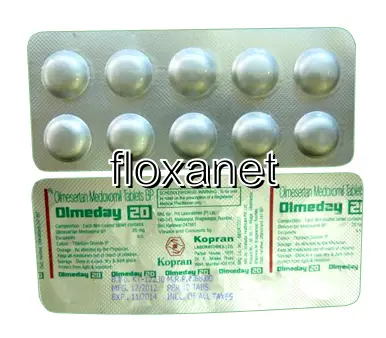| Package | Dosage | Price | Price per Dose | |
|---|---|---|---|---|
| Dosage: 10mg | ||||
| 90 pill | 10mg | NZD156.61 | NZD1.73 | |
| 60 pill | 10mg | NZD121.54 | NZD2.01 | |
| 30 pill | 10mg | NZD88.81 | NZD2.92 | |
| Dosage: 20mg | ||||
| 360 pill | 20mg | NZD815.88 | NZD2.27 | |
| 180 pill | 20mg | NZD441.83 | NZD2.45 | |
| 120 pill | 20mg | NZD324.93 | NZD2.71 | |
| 90 pill | 20mg | NZD264.15 | NZD2.95 | |
| 60 pill | 20mg | NZD198.69 | NZD3.30 | |
| 30 pill | 20mg | NZD123.88 | NZD4.09 | |
| Dosage: 40mg | ||||
| 180 pill | 40mg | NZD846.27 | NZD4.70 | |
| 120 pill | 40mg | NZD591.45 | NZD4.93 | |
| 90 pill | 40mg | NZD474.55 | NZD5.28 | |
| 60 pill | 40mg | NZD348.31 | NZD5.82 | |
| 30 pill | 40mg | NZD210.38 | NZD6.99 | |

Benicar Description
Introduction to Benicar
Benicar, known by its generic name olmesartan medoxomil, is a medication commonly prescribed to manage high blood pressure. In New Zealand, many patients rely on this medication to help control their hypertension and reduce the risk of cardiovascular complications. It belongs to the class of drugs called angiotensin receptor blockers (ARBs), which work by relaxing blood vessels to improve blood flow and lower blood pressure.
How Does Benicar Work?
Benicar operates by blocking the action of a substance in the body called angiotensin II, a chemical that narrows blood vessels. By preventing this narrowing, the medication allows blood to flow more freely through the arteries. This effect helps to lower blood pressure, making it easier for the heart to pump and decreasing strain on the cardiovascular system. The result is better blood pressure control and a reduced likelihood of related health issues such as strokes and heart attacks.
Usage in New Zealand and Considerations
In New Zealand, healthcare providers often prescribe Benicar for adult patients with hypertension. It is taken orally, usually once daily, with or without food. The exact dosage depends on the individual's health condition and response to treatment. Patients are advised to follow their healthcare professional's instructions carefully and to have regular blood pressure check-ups. Since the medication affects kidney function and electrolyte balance, routine monitoring is important, especially for those with pre-existing kidney issues or on other medications.
Side Effects and Safety Profile
Most users of Benicar do not experience serious side effects. Common mild reactions include dizziness, lightheadedness, or headaches, particularly when standing up quickly. Some individuals may also notice gastrointestinal discomfort or cough. Rarely, allergic reactions such as swelling or skin rashes could occur, and medical consultation is advised if any unusual symptoms persist. In New Zealand, it is crucial to inform your doctor about any other medications or health conditions before starting Benicar, to avoid adverse interactions and ensure safe use.
Patient Reviews and Effectiveness
Patients in New Zealand who have used Benicar often report positive outcomes in managing their blood pressure. Many appreciate its effectiveness in lowering readings within the first few weeks of treatment. Several users emphasize the importance of adhering to prescribed doses and maintaining a healthy lifestyle alongside medication. Some also highlight that, compared to other antihypertensives, Benicar tends to cause fewer side effects, making it a preferred choice for many. However, individual responses vary, and some may experience mild side effects that resolve with time or dose adjustments.
Final Thoughts
Overall, Benicar can be a valuable component of hypertension management for patients in New Zealand. Its ability to effectively control blood pressure with a relatively favorable side effect profile has made it a common choice among healthcare providers. As with any medication, proper supervision and routine monitoring are essential to maximize benefits and minimize risks. Patients are encouraged to discuss all health concerns with their doctor and report any unusual symptoms promptly to ensure safe and effective treatment.